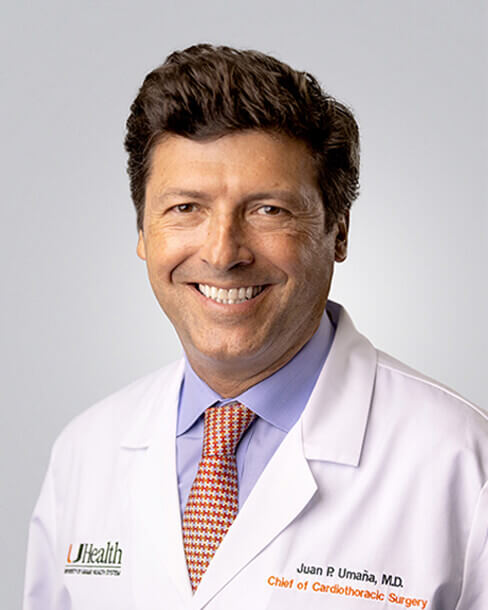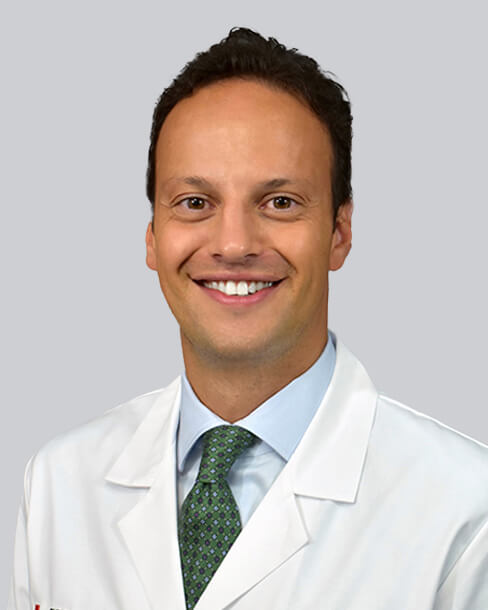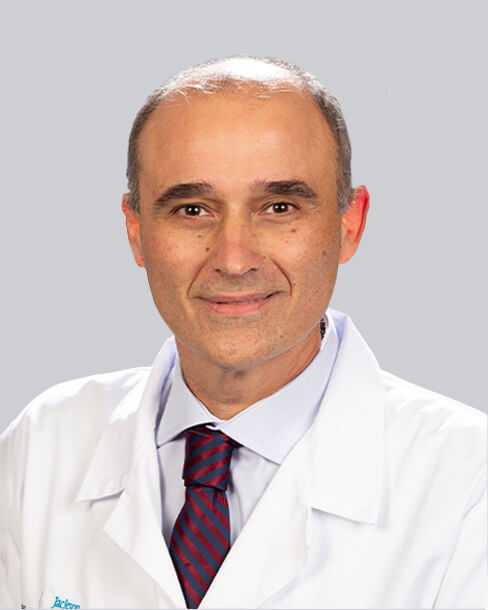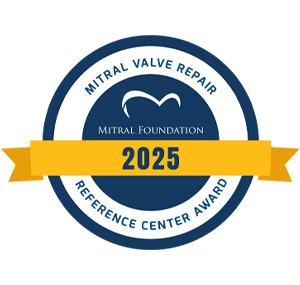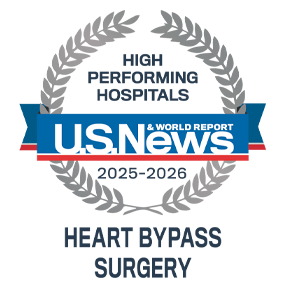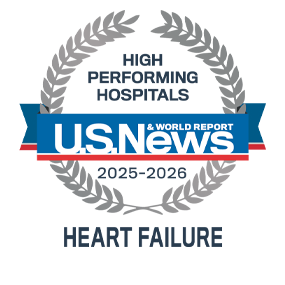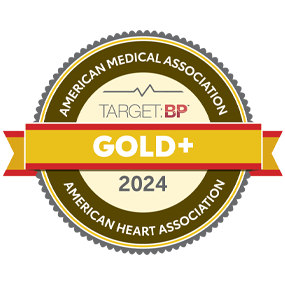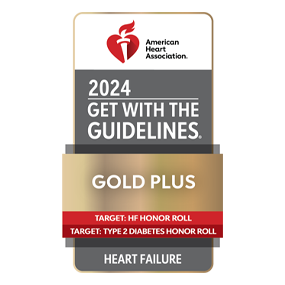LIFE-CHANGING EXPERTISE. EXTRAORDINARY OUTCOMES.
From Minimally Invasive to Complex Heart Surgery
At UHealth, our cardiac surgeons are nationally recognized leaders in heart surgery and advanced treatments for cardiac conditions. Our team of experts specialize in many cardiac procedures including heart valve repair or replacement, coronary artery surgery, complex aortic surgery, and minimally invasive procedures.
Make an Appointment Today
Take the next step toward expert heart care. If you or a loved one was told you may need heart surgery, we’re here to help. Call (305) 689-2784 to schedule an appointment with our cardiac surgery team today.
Expert. Comprehensive. Compassionate.
When facing heart surgery, you deserve a skilled, compassionate team that will be with you every step of the journey — from preparation to recovery.
We'll develop a personalized care plan in partnership with your cardiologist and other UHealth specialists that focuses on your health, lifestyle, and recovery. Our experienced surgical team guides you every step of the way, with proven outcomes that help you regain strength, return to the activities you enjoy, and be there for the people who matter most.
Nationally Recognized Cardiac Care in South Florida
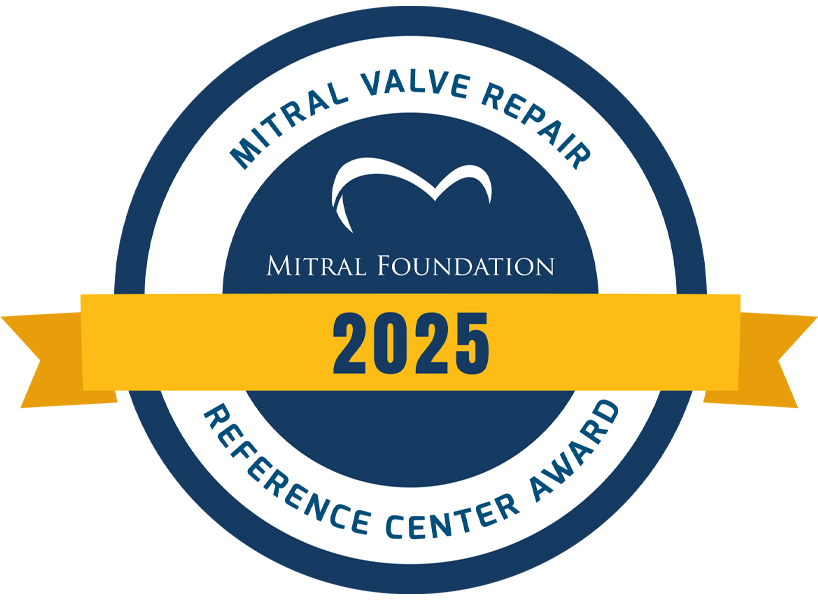
Our heart surgery program has been honored with national awards for quality, safety, and patient outcomes. These recognitions reflect our commitment to providing the highest level of care for every patient we treat.
- US News & World Report – Recognized as high performing for aortic valve and heart bypass surgery in 2025
- Mitral Foundation – Named a Mitral Valve Repair Center of Excellence, supported by the American Heart Association (AHA)
- Society of Thoracic Surgeons (STS) – Earned the highest 3-Star Rating for aortic valve and mitral valve surgery
For our patients, these honors mean peace of mind: you are choosing a program trusted by national experts and proven to deliver excellent results.
Here for You: Our Chief of Cardiothoracic Surgery
Dr. Juan Pablo Umaña is an internationally recognized leader known for his pioneering contributions to aortic and mitral valve repair. He established the most extensive aortic and mitral valve repair program in Latin America and founded the Latin-American Cardiovascular Surgery Conference, creating opportunities for specialists to learn from one another and improve care for patients everywhere.
He also helped invent the MitraClip™, the first transcatheter mitral valve repair device used in clinical practice today, which allows the mitral valve to be repaired without the need for open-heart surgery. This innovation has allowed thousands of patients to recover more comfortably and safely, with shorter hospital stays and quicker returns to daily life.
Learn more about Dr. UmañaOur Location
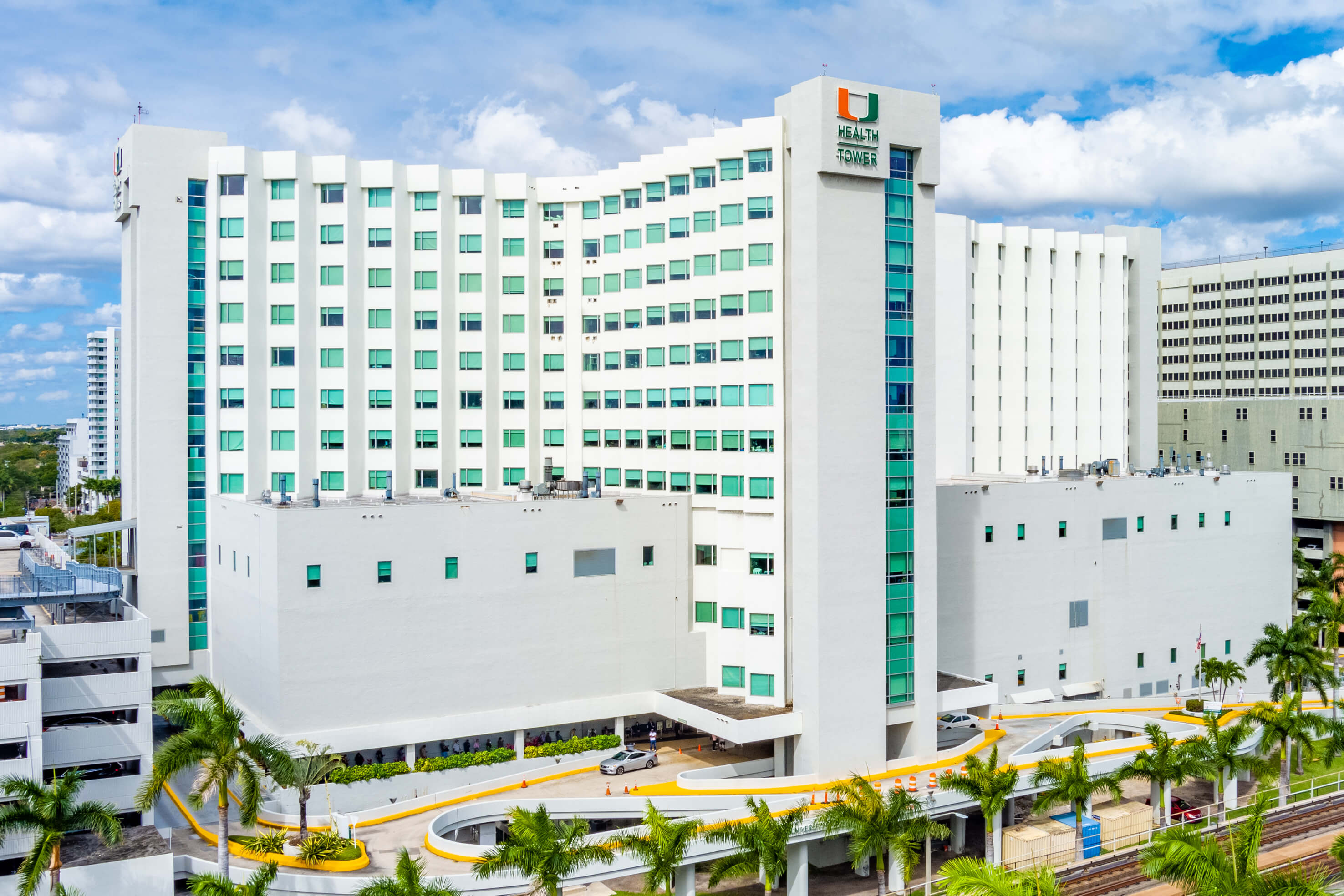
Cardiac Surgery at UHealth Tower
📍 1400 Northwest 12th Avenue, Suite 1
Miami, FL 33136
🕒 Hours: Monday - Friday: 8:00 A.M. - 5:00 P.M.
📞 For appointments call: (305) 689-2784
The Benefits of a Minimally Invasive Approach to Cardiac Surgery
Your UHealth cardiac care team will determine if a minimally invasive (small incision) procedure is the best option for your recovery and long-term heart health. Our surgeons specialize in a variety of state-of-the-art techniques that can minimize your risk while getting you back to health as quickly as possible.
Compared to traditional open-heart surgeries, our minimally invasive cardiac procedures can:
- Minimize pain and trauma
- Reduce blood loss
- Lead to a shorter hospital stay
- Speed-up your recovery
- Reduce risk of infection
Types of Surgery We Offer
The UHealth cardiac surgery team specializes in the full range of traditional (open) surgeries and hybrid, robotic, and minimally invasive (small incision) procedures to give you the quickest recovery and best results.
- Adult Congenital Heart Disease Surgery
- Aortic Dissection and Aneurysm Surgery
- Cardiac Tumors
- Complex Re-operative Surgery
- Complex Valve Repair and Reconstruction
- Coronary Artery Bypass Graft
- Hybrid Aortic Surgery
- Hybrid Coronary Revascularization
- Left Ventricular Remodeling
- Mechanical Circulatory Support
- Minimally Invasive Heart Surgery
- Minimally Invasive Mitral Valve Repair
- Myotomy and Myectomy
- Pulmonary Thromboendarterectomy
- Reoperative Aortic or Heart or Lung Surgery
- Ross Procedure (Pulmonary Autograph Procedure)
- Surgery of the Ascending or Descending Aorta
- Valve Sparing and Replacement
- Valve Surgery
How Healthy Is Your Heart?
If you have a family history or diagnosis of certain cardiovascular diseases — such as hypertension, high cholesterol, heart attack, and stroke — it's important to understand your heart disease risk. Our free online risk assessment quiz will provide you with important insights to your heart health and determine your eligibility for a low-cost screening that measures calcium buildup in your coronary arteries.
